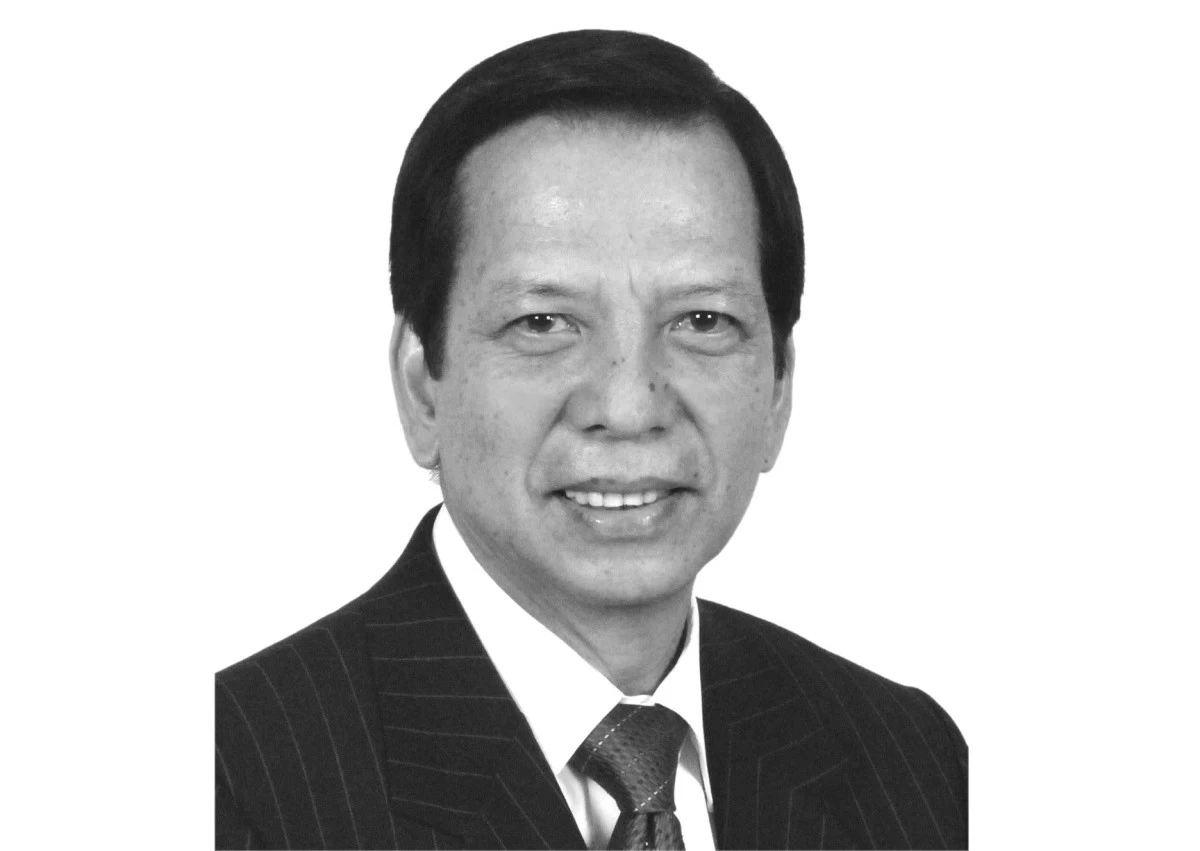Haddad Pushes for Congressional Support to Secure Brazil's Economic Growth

Brazil's Finance Minister, Fernando Haddad, is making a strong case for lawmakers to support the government's economic agenda. In a statement released on Wednesday, Haddad emphasized the critical need for Congress to swiftly approve pending measures designed to bolster the sustainability of Brazil's current economic growth cycle – a cycle that has positioned Latin America's largest economy as a regional powerhouse.
The plea comes at a pivotal moment for the Brazilian economy, which has shown resilience and positive momentum in recent months. However, Haddad cautioned that maintaining this trajectory requires proactive policy adjustments and a unified effort from both the executive and legislative branches.
What's on the Table?
While specific details remain subject to ongoing negotiations, Haddad’s call for support broadly refers to a series of reforms and proposals currently under consideration by Congress. These are believed to include measures aimed at streamlining tax regulations, improving public spending efficiency, and fostering a more favorable environment for both domestic and foreign investment. A key focus seems to be on ensuring fiscal responsibility while simultaneously fueling economic expansion.
“We need to ensure that the growth we're experiencing is not just a short-term phenomenon, but a sustainable and long-lasting trend,” Haddad stated. “This requires a collaborative approach and a commitment from all stakeholders to prioritize the country’s economic well-being.”
The Importance of Congressional Approval
The Finance Minister's message underscores the crucial role Congress plays in shaping Brazil's economic future. Without timely approval of these measures, the government's ability to implement its economic plan and navigate potential challenges could be significantly hampered. This is especially relevant given the global economic uncertainties and potential headwinds facing emerging markets.
Economists have largely echoed Haddad's sentiment, arguing that structural reforms are essential for unlocking Brazil's full economic potential and ensuring its long-term competitiveness. They highlight the need to address issues such as bureaucratic red tape, infrastructure deficits, and a complex tax system, which can stifle innovation and investment.
Looking Ahead
The coming weeks and months will be critical as Haddad and his team work to build consensus and secure congressional backing for their proposals. The success of these efforts will have a profound impact on Brazil's economic outlook and its ability to maintain its position as a leading force in Latin America. The government is expected to intensify its lobbying efforts and engage in ongoing dialogue with lawmakers to address their concerns and build a broad coalition of support. The stability and sustainable growth of the Brazilian economy hinges on this collaborative effort.
The situation is being closely watched by investors and international organisations alike, who see Brazil as a key driver of growth in the region. A positive outcome would signal a renewed commitment to economic reform and boost investor confidence, while a failure to secure congressional support could cast a shadow over Brazil's economic prospects.






